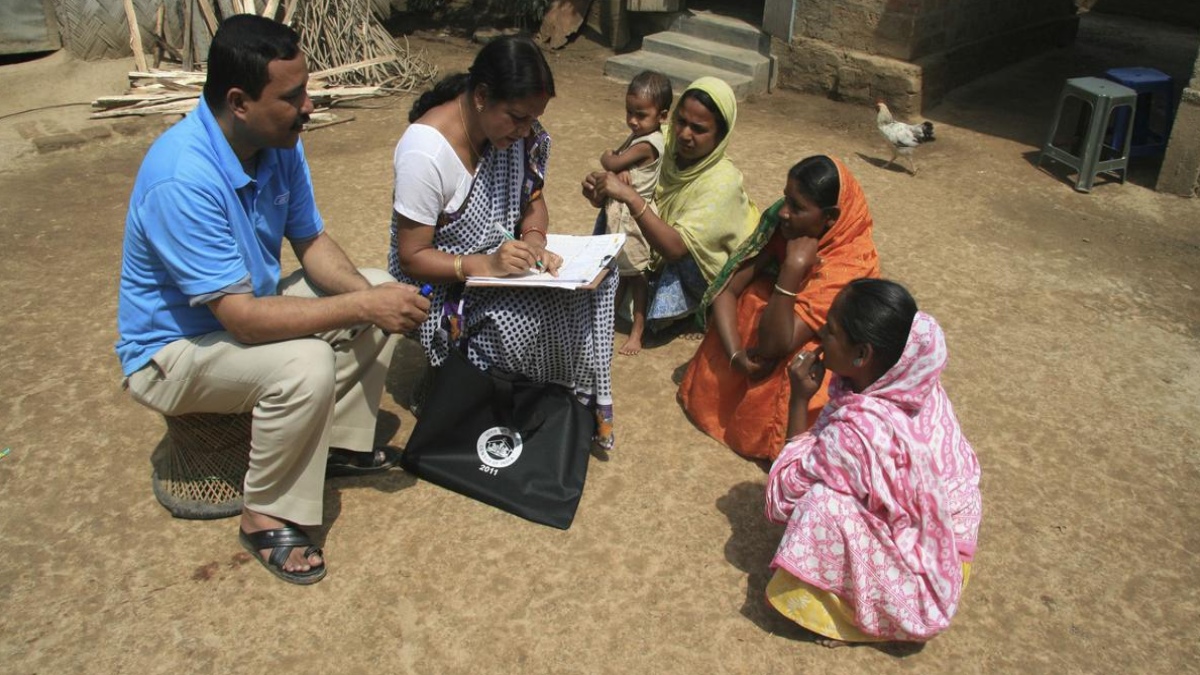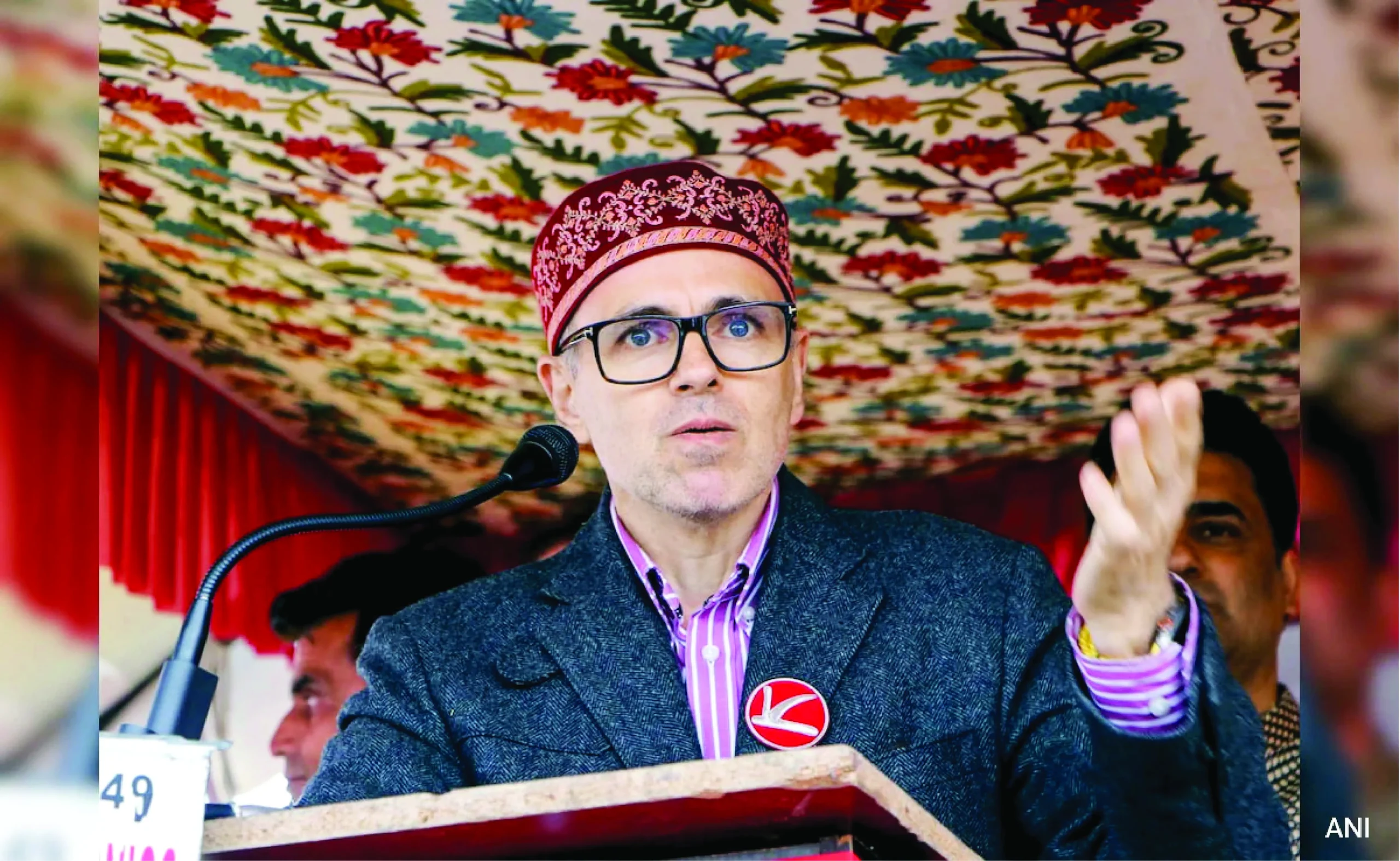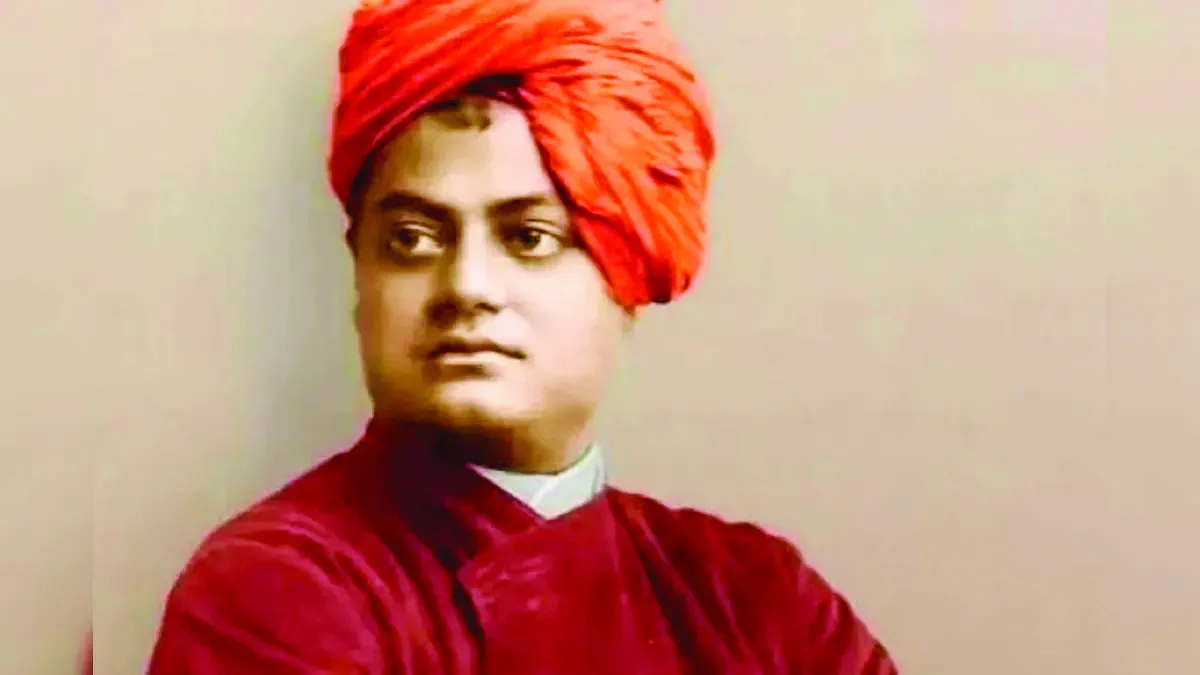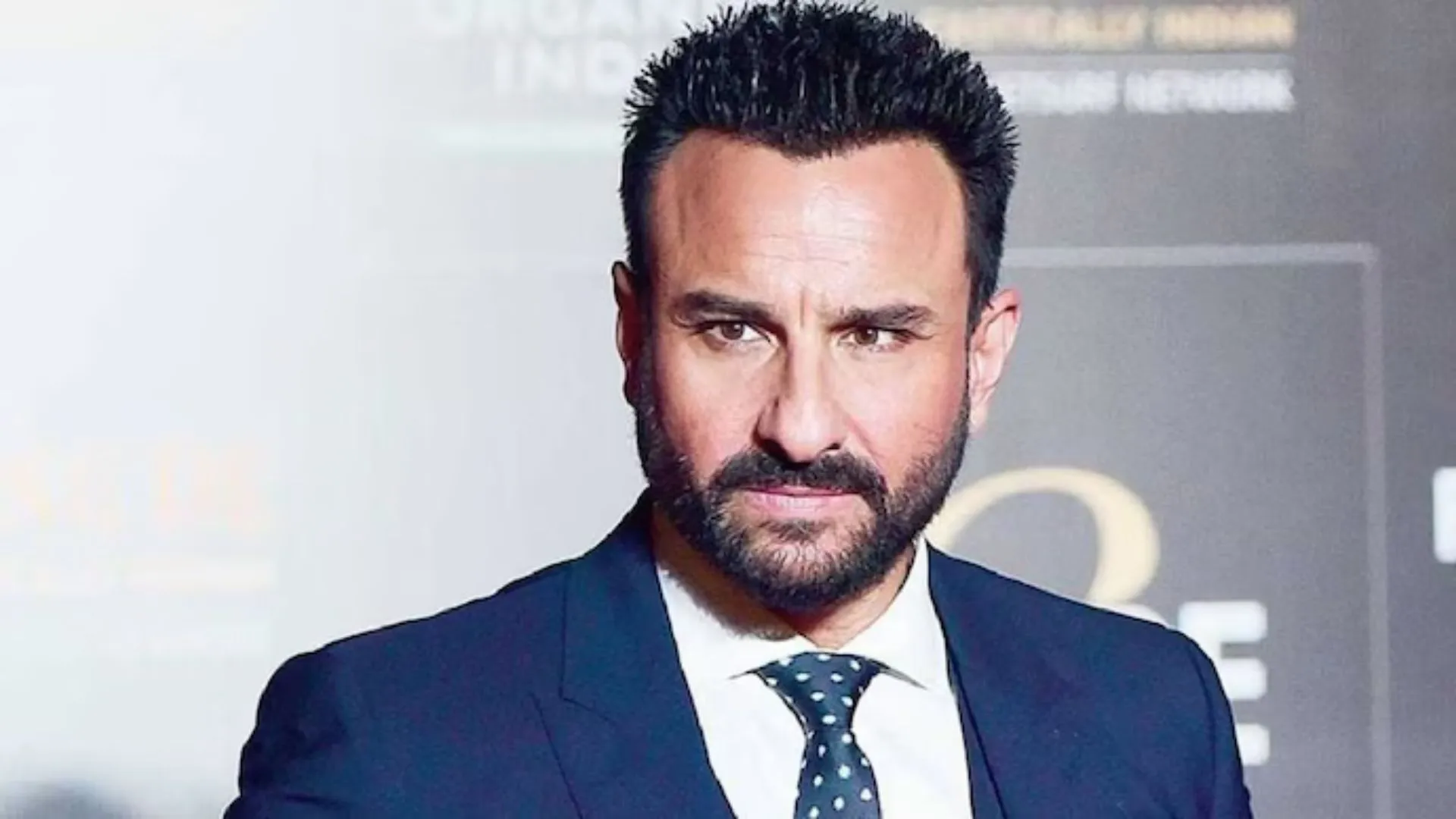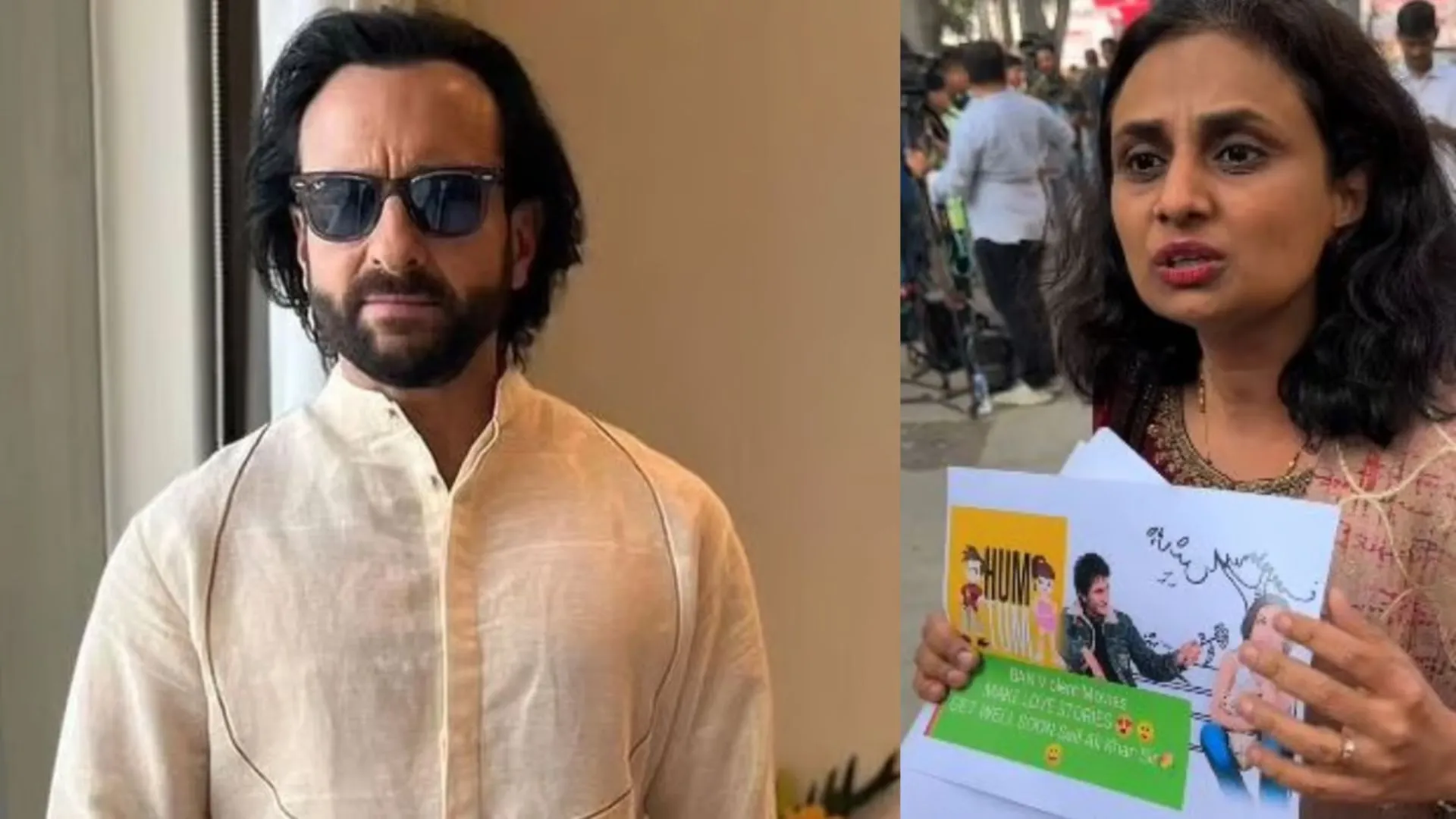As if caste as an intrinsic part of our socio-political structure 75 years after India’s independence was not enough, now we have several political parties demanding a census based on caste. When the movement should have been away from identity politics, a renewed push is being given towards a direction where the surname trumps merit. This is not to say that affirmative action—which has essentially come to mean reservation—should be done away with, although the founding fathers of the Constitution did not see quotas in jobs and education as a permanent feature in independent India. This is to argue that any such census will further divide an already fractured society and give rise to impossible demands, thus increasing friction. The whole idea behind the demand seems to be to push the quotas in jobs and education beyond the 50% limit fixed by the Supreme Court. The premise is political, where caste-based parties seek to make the issue a talking point for electoral gains and thus try to corner the ruling party, if it delays implementing the proposal or disagrees to it. While the talk is about seeking equitable representation for different caste groups, in reality it is about the search for relevance of caste-based parties and of lawmakers cutting across party lines, where this emotive issue can be used to garner votes and perpetuate the hold that some of them have on specific caste groups. In simpler terms, when there is no work to show, caste can always come to the rescue. This may sound cynical, but is true.
It should not come as a surprise that the parties spearheading the demand for such a census are mostly caste-based regional parties such as the RJD, SP and BSP, among others, and of course Nitish Kumar of JDU, who led a delegation of parties, including bitter “rival” RJD, to meet the Prime Minister this week. The DMK, although born out of an anti-caste Dravidian movement, but heading a state with nearly 70% reservation—an illegality in itself—has jumped on to the bandwagon, as well as Sharad Pawar’s NCP, which has been demanding Maratha reservation for a long time.
In the North, the caste-based parties have seen a slide in their fortunes ever since the BJP added religion to the potpourri of Indian politics and then development under Prime Minister Narendra Modi. This shift in focus from identity to development has paid rich dividends to the BJP—at the expense of the caste-based parties—which saw voters cutting across caste and class lines voting for it in the 2014 elections, but more so in the 2019 Lok Sabha elections. Ironically, this hasn’t stopped BJP from trying to shed its image of a Brahmin-Baniya party and carving out vote banks such as non-Yadav OBCs, one of the numerically strongest “classes” in this country. Also, some of the BJP’s own OBC MPs are demanding such a census.
The argument that caste census will show how representative the quotas are at present does not take into account the potential such a census has to cause unimaginable turmoil and rift in society. If reservations are not found to be as “representative” as some caste-based parties would want these to be, what will be their next demand? 90% quota? Welfare schemes according to caste? Reservation in private sector jobs? Promotion according to caste? The list will be endless if the Pandora’s Box is opened, taking this country back by several decades. If it is about welfare schemes reaching the target groups, the census should be economics driven. There is already a wide umbrella of welfare schemes that are meant for the economically weaker sections, including those meant for the Scheduled Castes and Tribes. The option is always there of broadening the umbrella depending on people’s needs.
Moreover, the process of enumeration is bound to be messy given the complexities involved in the Indian caste system. Any such exercise is going to take years to be completed. Also, just imagine answering the question, “what is your caste?” at a time when we claim that ours is a modern nation about to be the third largest economy in the world. The very premise of caste is anti-modernity—an anachronism that does not have a place in the 21st century. Instead of rising above it, if we allow such a census to take place, we will perpetuate a system that discriminates, divides and holds us back. It is time to say a strong “no” to a caste census.

